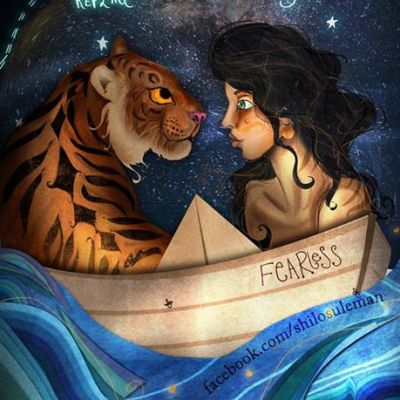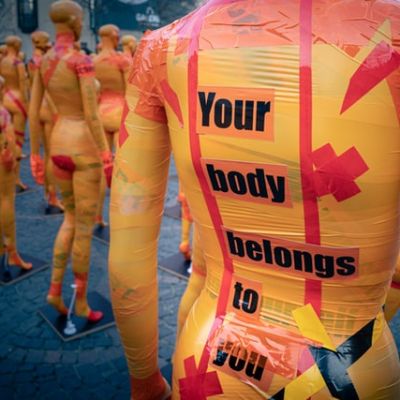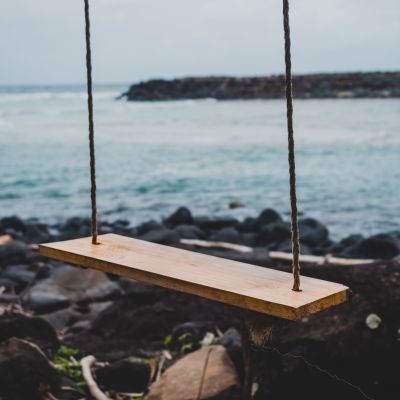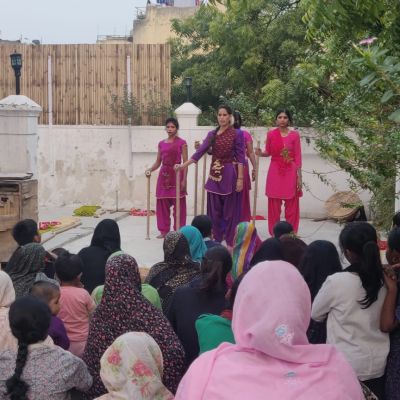Violence
A wedding is a major event in a person’s life. The event comes with many dreams, hopes, expectations and desires….
In one of the most compelling and difficult scenes in 2013’s acclaimed Bhaag Milkha Bhaag, a young Milkha Singh is…
When we are in tune with our authentic thoughts and feelings, vulnerability can be a guide-post in traversing through life, allowing us to forge deep and meaningful connections where we can hold space to mess up and get back on our feet again.
As someone who was surrounded by the sounds of music at home from my early childhood and with a parent who worked in rural education programmes, forming connections between art and (social) change wasn’t too difficult, albeit extremely challenging to explain to many other people who didn’t necessarily see the power that art has to deliver a message or be used as a tool for change.
[slideshow_deploy id=’1470′] In India, we are constantly confronted by images of what Indian women should be. Goddess on walls portray…
We decided to watch Animal and OMG 2 and found that both the movies bring up many of the issues that we work on.
The largest contingent of voiceless, lonely women with limited agency in the subcontinent must be its married women. If they’re fortunate enough to be born and reach adulthood, a woman’s parents and society make sure she becomes an adult brainwashed into self-alienation and self-loathing.
This awareness of the status ascribed to women – the status of being the objects of men’s desires – affects every aspect of a woman’s life. Desire then, in particular, becomes an aspect of a woman’s life where navigation becomes tricky.
Looking back, it seems strange, almost sad that he couldn’t contain his anxiety, couldn’t bear the shame of what he did wrong. He must have skimmed over so much turmoil, that he couldn’t accept the reality of harming someone.
It is almost a year old, but the Abused Goddesses campaign created ripples in the fabric of activism that are…
tender lips that had forgotten, momentarily, the taste of mother’s milk and couldn’t tell the silence of the womb from…
…even if people have little in common, once they enter these spaces of solidarity, they are connected to a larger community. These spaces become wellsprings of an unspoken sense of safety and mutual support between individuals of communities that share a sense of having been othered.
Maraa means ‘tree’ in Kannada and it is the nature of a tree that we wish to embody, with strong roots, branches in different directions, growing tall but also wilting, dying and beginning again.
Therefore, the question of safe spaces and alternative families is pertinent to queer identities, that are so much more than imagined by a single dominant narrative.
Women in our societies largely do not have any acquaintance with the word ‘consent’, but they are very familiar with…















